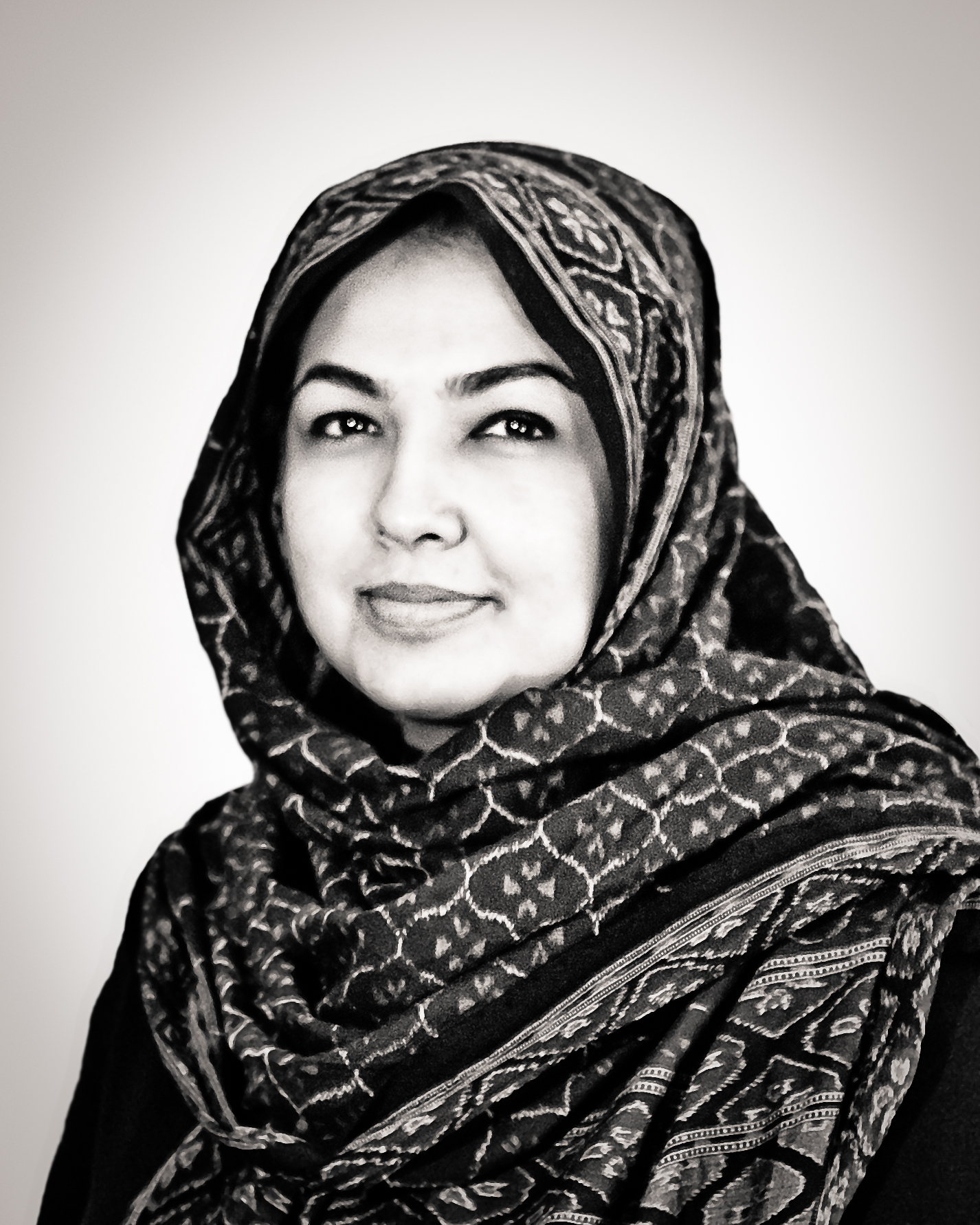Affiliation: Pratt Institute

Uzma Z. Rizvi is Professor of Anthropology and Urban Studies at Pratt Institute, Brooklyn, NY; and Visiting Faculty in the Department of Archaeology, Shah Abdul Latif University, Khairpur, Pakistan. Dr. Rizvi holds degrees from the University of Pennsylvania and Bryn Mawr College, and a postdoctoral fellowship from Stanford University. She is an anthropological archaeologist specializing in the archaeology of the first cities. She teaches classes focused on anthropology, ancient urbanism, critical heritage studies, decolonizing methodologies and the postcolonial critique. She is the PI for the Laboratory for Integrated Archaeological Visualization and Heritage (liavh.org), and is currently working at MohenjoDaro. She has published widely and has presented her work to many different audiences, both domestically and internationally. With nearly two decades of work on decolonizing methodologies, intersectional and feminist strategies, and transdisciplinary approaches, Dr. Rizvi’s work has intentionally pushed disciplinary limits, and demanded ethical decolonial praxis at all levels of engagement, from teaching to research.
The Laboratory of Integrated Archaeological Visualization and Heritage (LIAVH.org) makes connections between technology, archaeological data management, and heritage practice. For a century, MohenjoDaro has been photographed, drawn, mapped, and written about, and yet, there is still so much we cannot quite figure out about the ancient city. One of those quandaries is a stratigraphic record that can be archaeologically grounded. This project utilizes a vertical survey of extant walls at MohenjoDaro to more securely locate time and changes across time in a neighborhood. A key component of this research is pedagogic and participatory, specifically focused on building capacity through teaching and including local and regional specialists and students of archaeology. Rather than pursuing archaeology as an extractive exercise, this research engenders generative modes of knowledge production and sharing.
Short bibliography and/or website on lecture topic (for lay reader):
www.harappa.com
www.liavh.org
How do we understand care in the ancient world? This talk will focus on current archaeological research conducted in the city of MohenjoDaro (a World Heritage Site) located in contemporary Pakistan (Sindh Province). Archaeological excavations at MohenjoDaro document hundreds of dwelling-houses and large buildings built along streets and lanes oriented towards cardinal points, which index an architectural sophistication of a well-planned city. This talk will focus on the neighborhood of DK-G South, and look for indicators of care in the many ways the ancient inhabitants maintained their lived environment over generations.
Notifications